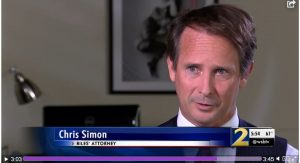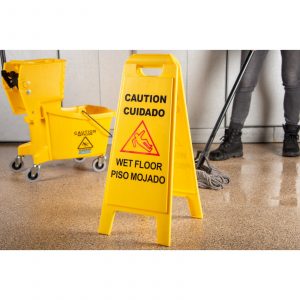5 years ago we covered this topic in a CLE we taught. Georgia has a nice rule where if you screw up on service( the actual handing of the papers to the person being served by the sheriff) and it does not happen within the statute of limitations (or reasonably close on its heels) then so long as you eventually get the person personally served, you can dismiss without prejudice and restart the lawsuit with a new filing, thereby curing the problem. How stupid plaintiff’s attorneys keep screwing this up is beyond me. This is a guy in Augusta who after eons of notice, never got the defendant served and so when they dismissed and refiled the case, the refiling was invalid.
The Court of Appeals opinion in this personal injury lawsuit arising from a Georgia car accident makes it crystal clear. So long as you actually serve the defendant before dismissing, you are fine. If not, you are toast.
The case arose when the plaintiff filed a lawsuit against the at-fault driver following injuries he suffered in a car accident. In addition to the driver, the plaintiff served his uninsured motorist (UM) insurance carrier. The insurance carrier answered; however, attempts to serve the defendant were unsuccessful. Eventually, the plaintiff filed a motion to serve the defendant by publication, and the trial court granted the motion. The plaintiff did not take any further steps after two additional attempts to serve the defendant were unsuccessful.
 Atlanta Injury Attorney Blog
Atlanta Injury Attorney Blog



